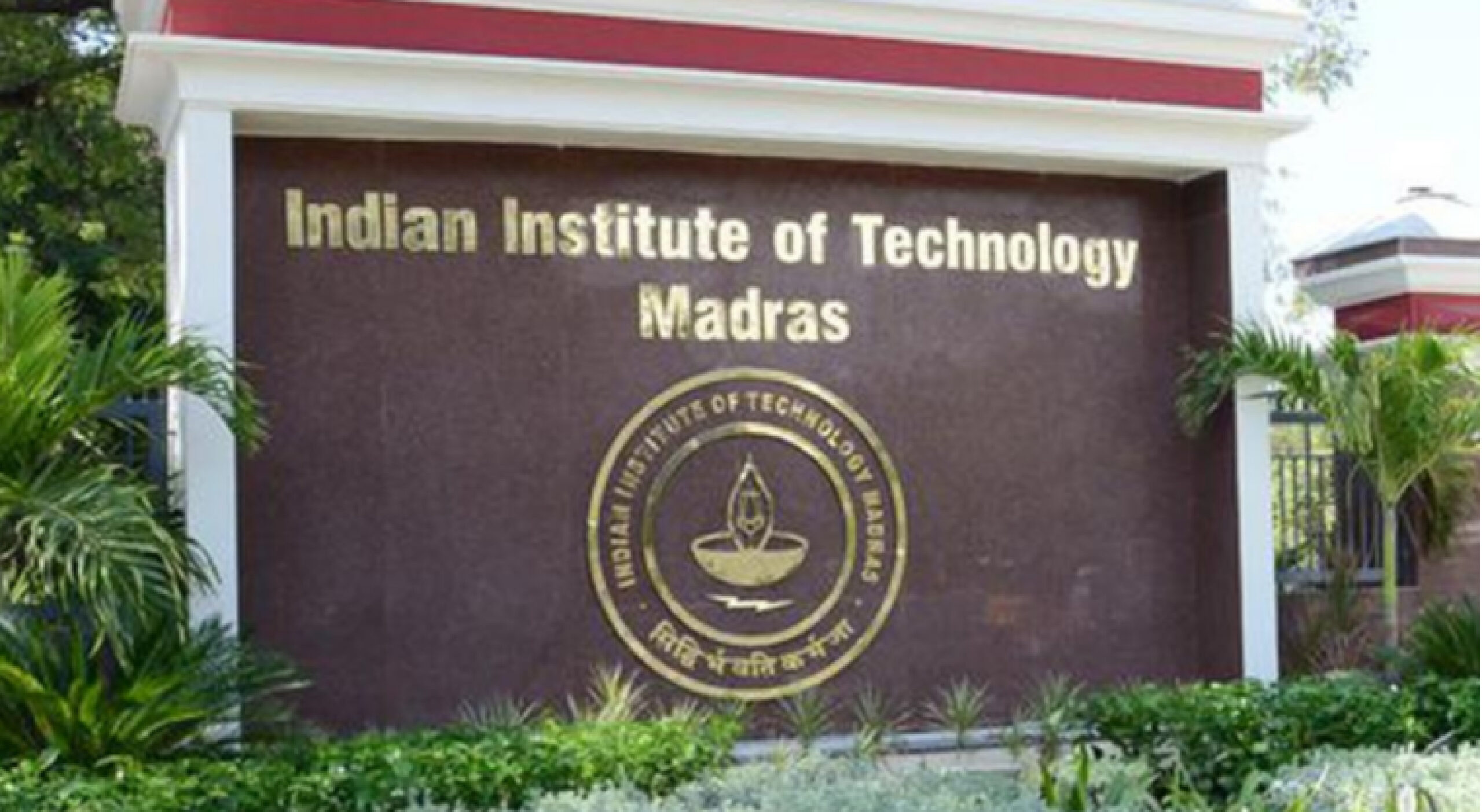Startup20 Engagement Group Proposes Cross-Border Listing and Unified Standards for G20 Startups
- ByStartupStory | May 23, 2023

The Startup20 Engagement Group proposes the cross-border listing of startups throughout G20 countries, along with the establishment of unified G20 startup accounting standards, governance standards, and startup due diligence standards. These initiatives aim to facilitate cross-border investments in G20 startups and enhance their accessibility for global investors.
In the initial version of the Policy Communique released on Monday, the group has put forth recommendations to streamline the movement of entrepreneurs across G20 countries. It suggests the development of specific national startup policies to facilitate market access between nations and increase the availability of debt and venture debt products for startups. Furthermore, the group proposes the establishment and adoption of a universal definition framework for startups across G20 nations. These measures aim to enhance the ease of doing business for startups and foster global collaboration.
“Facilitate startups’ access to public capital markets across G20 nations by enabling cross-border listings,” the group, led by India’s Startup20 Chair, Chintan Vaishnav, said in the draft.
Additionally, the group has advocated for the facilitation of a Common Engagement Platform among G20 countries to encourage collaboration. It proposes the establishment of an organization or platform with rotating leadership to foster “active collaboration” among startup ecosystems and facilitate funding opportunities.
“Create policies to incentivize corporates working with startups to co-create solutions..Develop policies to encourage startups to participate in government tenders and key projects,” it said.
Additionally, the group has advocated for the facilitation of a Common Engagement Platform among G20 countries to encourage collaboration. It proposes the establishment of an organization or platform with rotating leadership to foster “active collaboration” among startup ecosystems and facilitate funding opportunities.
As per the draft, there exists “very little harmony in how startups are defined and the policies that support them are designed across nations”.
Arguing that common and stronger startup definitions along with proactive policies for startups can help build better ecosystems across G20 nations, the group said: “Encourage G20 nations to formulate their respective national startup policies…Promote policies that facilitate and encourage startup-centric global trade and investment.”
Having a standardized definition of startups is essential to ensure consistency in their valuation and taxation practices. According to the Department for Promotion of Industry and Internal Trade (DPIIT), a company is classified as a startup for a period of up to 10 years from its date of incorporation, provided that its turnover in any financial year since its establishment does not exceed Rs 100 crore. However, certain G20 members, including those from the European Union, define startups as organizations that are less than 10 years old, demonstrate innovation in both product and business models, and aspire to achieve significant growth. On the other hand, South Korea categorizes all small and medium enterprises as startups.
The Startup 20 India Communique has urged the adoption of crucial startup-specific policies, local regulations, and industry best practices to facilitate seamless market access for startups across G20 nations.








